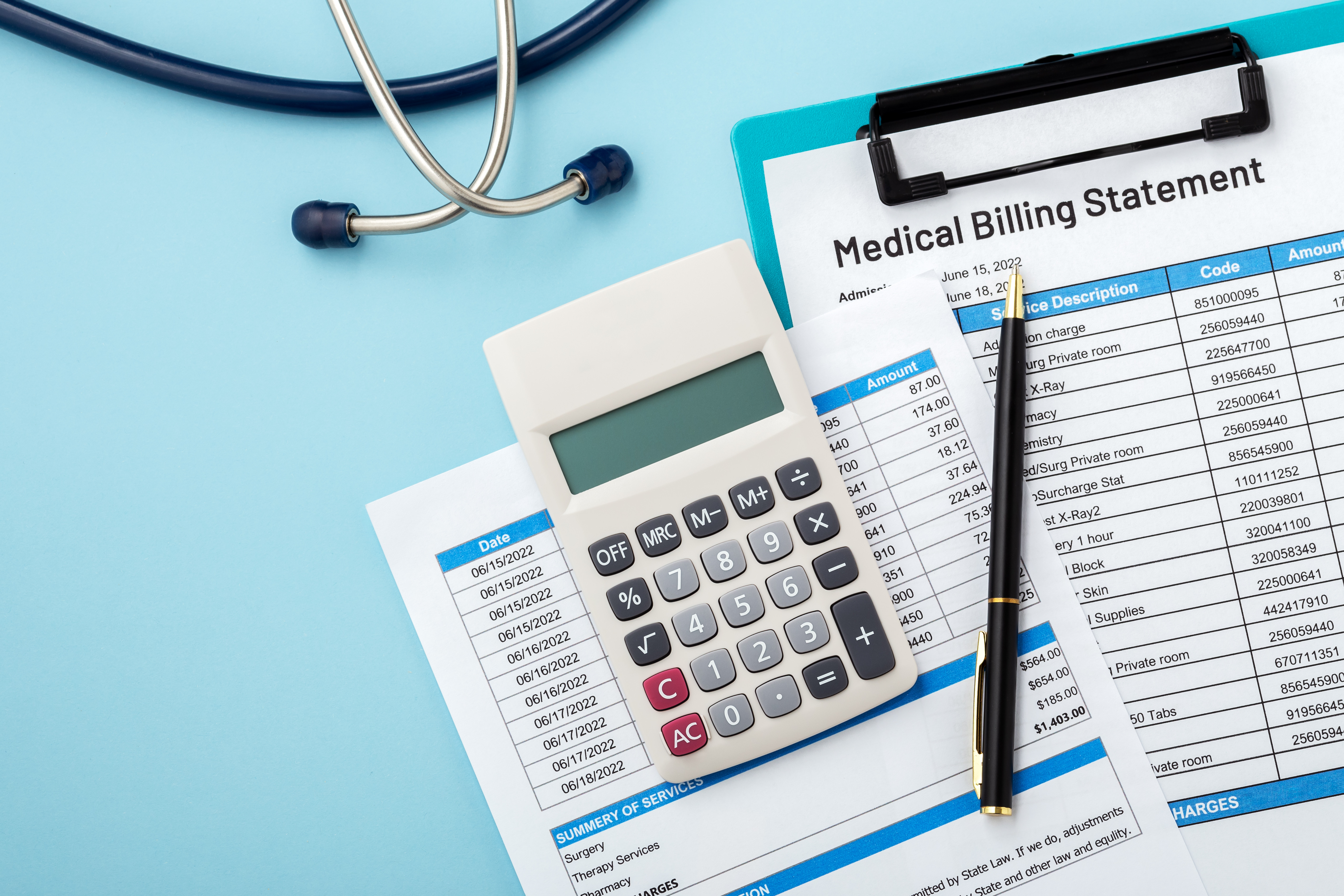Although many of us refer to this time of year as the holiday season, others know that the changing weather also marks the start of the flu season as well. This year, it has hit our household especially hard. Over the last few weeks, we have been to the doctor’s office several times. Unfortunately, the copays, treatment, and costs of medications have taken a serious chunk of our budget. If seasonal sicknesses are affecting your financial health, here are 7 ways you can get help with your medical bills.
7 Ways to Get Help With Your Medical Bills
1. Know Your Rights
In 2022, the government passed the No Surprises Act to help Americans from unexpected emergency care costs. According to this legislation, you are only responsible for the in-network costs of emergency care. Even if you seek treatment from a provider outside your network in an emergency situation, you cannot be billed for it.
Those who don’t have health insurance can also receive a good-faith estimate before treatment. If there are any surprise expenses, you should file a dispute.
2. Review Your Bill
Billing mistakes are more common than people realize. Therefore, you should review all your medical bills carefully. The last one I caught saved us over $3000, and all it took was one phone call.
Look for duplicate charges, payment for services you didn’t receive, and wrong billing codes. If you find anything that seems suspicious, contact the billing department to notify them of these discrepancies.
3. Make an Appeal
Before you blindly accept a medical bill, make sure you understand your coverage. Insurance companies are notorious for denying coverage, even if it should be included as part of your plan. If you make an appeal with your insurance provider, they may cover a larger portion of the expense.
4. Negotiate With Your Provider
Healthcare providers know that medical debt is a serious problem for many Americans. So, they may be willing to negotiate your debt. From their perspective, it’s better to receive some payment rather than risk nonpayment and the hassle of turning it over to a debt collection agency.
5. Ask About Hospitals’ Hardship Plans
Many hospitals offer financial assistance to patients who are dealing with hardship. If you qualify, these programs can drastically reduce or wipe out your debt completely. To find out more, contact the hospital’s billing department to find out if they have any financial assistance programs available for you.
6. Contact Local Charities
There are also several charities and non-profit organizations that offer help with medical bills. Many people may qualify for assistance based on their income or medical condition. If you do some research and ask around, you can find out which organizations are active in your area.
7. Set Up a Payment Plan
If you have tried all these tactics and are still left holding the bill, you still have options. Although our emergency fund saved us from a devastating hit to our finances, this hasn’t always been the case. Truthfully, most people cannot afford to pay these fees upfront. Requesting a payment plan will lower your monthly obligation and allow you to slowly pay it off over time. Many of our providers also offered us plans with up to 18 months interest-free.
Physical and Financial Health
Although medical debt can be a huge burden, it doesn’t need to cripple your finances or prevent you from seeking the care you need. There are ways to navigate repayment and programs that offer financial assistance. So, don’t be afraid to advocate for yourself. The added financial strain may feel overwhelming, but maintaining your physical health should always be a top priority.
Read More
- How To Manage Your Finances During And After Medical Emergencies
- Does Your Health Insurance Offer These Free Services?
- Medical Tourism: Save, Travel, And Improve Your Health At The Same Time

Jenny Smedra is an avid world traveler, ESL teacher, former archaeologist, and freelance writer. Choosing a life abroad had strengthened her commitment to finding ways to bring people together across language and cultural barriers. While most of her time is dedicated to either working with children, she also enjoys good friends, good food, and new adventures.

